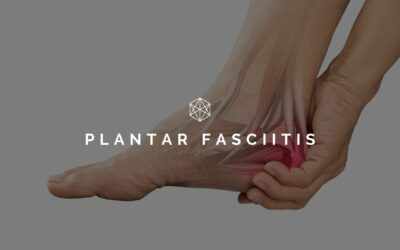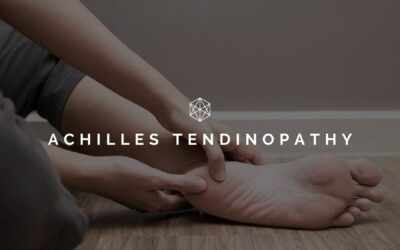Many people with pain are afraid of exercise and avoid it as they think it may cause them more problems; however, this is not true! We now know that regular exercise helps to keep you and your body fit and healthy. All types of exercise are good, with no major differences between them. Walking, using the stairs, cycling, jogging, running and stretching are all good and help relax all the tense muscles in your body. It is important that you find an activity that you enjoy and start gradually.
Low fitness: a major health risk
Low fitness levels have been shown to be worse for your health than smoking, diabetes and obesity combined together, showing that fitness is important for your health. Regular exercise can actually decrease pain and discomfort. It prepares the body for other activities. It can strengthen weak muscles and it will help you feel better in yourself.
Getting started
When you are in pain, starting exercise can be very hard. Underused muscles feel more pain that healthy muscles. Therefore, if you are feeling sore after exercise, this does not indicate harm or damage to your body. Always pick an exercise you enjoy, and start gradually! You can start by doing some gentle light activity and then increase your levels when you feel confident to do so. Your physiotherapist will help you form an exercise plan, which will involve increasing your activity levels gradually and only when you are happy to do so.
Regular exercise has many benefits
- Reduces pain and muscle tension: exercise relaxes the muscles and increases natural pain killers (called endorphins) in the body to help control pain
- Strengthens your immune system and overall general health.
- Helps with weight control.
- Strengthens the cardiovascular system – heart, lungs and blood vessels. Regular exercise reduces blood pressure, cholesterol and heart disease.
- Increases muscle strength flexibility, endurance and stamina.
- Helps to improve sleep quality. When you are tired because of physical activities, you fall asleep faster and your mind will be more calm and relaxed.
- Reduces fatigue, tiredness and increases energy levels.
- Prevents and reduces stress, depression and anxiety, all of which can aggravate pain and muscle tension.
More Information
Watch the following two short short videos or visit Pain-Ed.com for more information.
[youtube]https://youtu.be/aUaInS6HIGo[/youtube]
[youtube]https://youtu.be/whPuRLil4c0[/youtube]

